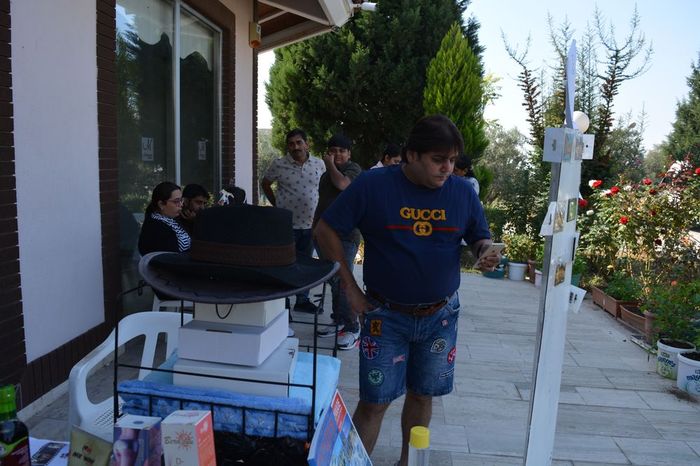When my aunt appeared on the morning after her arrival in Boston, she was still in a semi-somnambulant state. She seemed not to realize that she was in the city where she had spent her youth, the place longed for hungrily half a lifetime. She had been so wretchedly train-sick throughout the journey that she had no recollection of anything but her discomfort, and, to all intents and purposes, there were but a few hours of nightmare between the farm in Red Willow County and my study on Newbury Street.
I had planned a little pleasure for her that afternoon, to repay her for some of the glorious moments she had given me when we used to milk together in the straw-thatched cowshed and she, because I was more than usually tired, or because her husband had spoken sharply to me, would tell me of the splendid performance of the Huguenots she had seen in Paris, in her youth.
Symphony Orchestra
At two o`clock the Symphony Orchestra was to give a Wagner program, and I intended to take my aunt; though, as I conversed with her,
I grew doubtful about her enjoyment of it. I suggested our visiting the Conservatory and the Common before lunch, “but she seemed altogether too timid to wish to venture out.
She questioned me absently about various changes in the city, but she was chiefly concerned that she had forgotten to leave instructions about feeding half-skimmed milk to a certain weakling calf, “old Maggie`s calf, you know, Clark,” she explained, evidently having forgotten how long I had been away. She was further troubled because she had neglected to tell her daughter about the freshly opened kit of mackerel in the cellar, which would spoil if it were not used directly.
I asked her whether she had ever heard any of the Wagnerian operas, and found that she had not, though she was perfectly familiar with their respective situations, and had once possessed the piano score of The Flying Dutchman. I began to think it would be best to get her back to Red Willow County without waking her, and regretted having suggested the concert.
From the time we entered the concert hall, however, she was a trifle less passive and inert, and for the first time seemed to perceive her surroundings. I had felt some trepidation lest she might become aware of her queer country clothes, or might experience some painful embarrassment at stepping suddenly into the world to which she had been dead for a quarter of a century.
But, again, I found how superficially I had judged her. She sat looking about her with eyes as impersonal, almost as stony, as those with which the granite Rameses in a museum watches the froth and fret that ebbs and flows about his pedestal. I have seen this same aloofness in old miners who drift into the Brown hotel at Denver, their pockets full of bullion, their linen soiled, their haggard faces unshaven; standing in the thronged corridors as solitary as though they were still in a frozen camp on the Yukon.
Read More about The Conpiracy of Aston part 24








